Researchers in Japan have developed a novel high performance microcapacitor with excellent energy and power densities, for on-chip and MEMS applications.
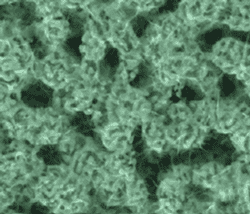

Researchers in Japan have developed a novel high performance microcapacitor with excellent energy and power densities, for on-chip and MEMS applications.
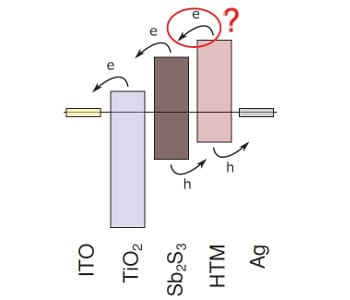
Research into solar cell materials has shown that stibnite synthesis is fast and cheap, and can be easily scaled up, critical for industrial applications.
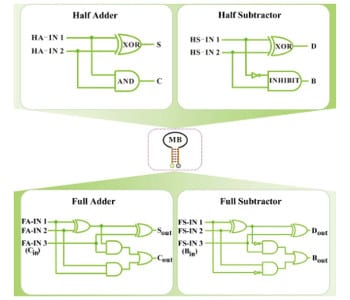
Diverse advanced logic circuits are fabricated to implement arithmetic functions based on a simple and single molecular beacon platform.
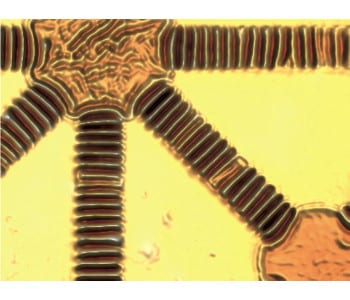
New research solves two major problems in strechable electronics: poor adhesion and troublesome photopatterning.
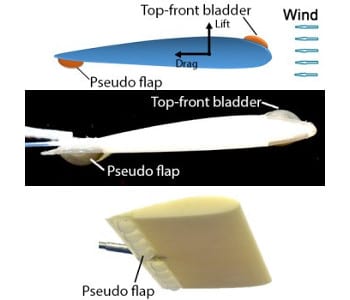
New work is the first to describe the dynamic fluid-soft material interactions for both lift and drag of inflatable actuators embedded in stiff structures.
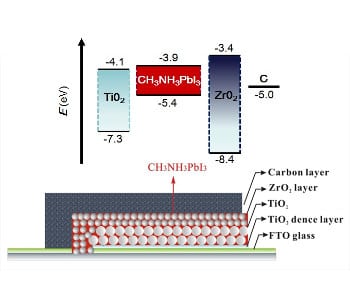
Michael Grätzel et al. show excellent device stability for perovskite solar cells tested outdoors in the hot, humid climate of Jeddah, Saudi Arabia.
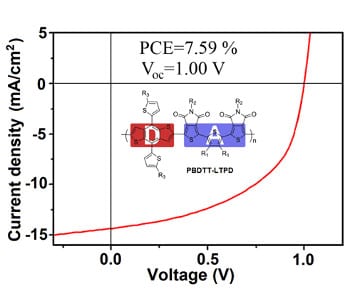
Enhanced performance in polymer solar cells is achieved using a linked-acceptor type conjugated polymer.

Light-induced switching of single molecule electronic junctions has been successfully demonstrated by researchers in Germany.
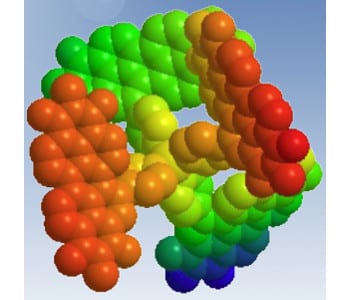
A non-fullerene material is presented as a potential electron acceptor for use in bulk heterojunction organic photovoltaics.
A multiple core–shell 3D printing method has been developed to fabricate soft, stretchable, fibre-based, capacitive strain sensors. The sensors can be readily integrated into conventional clothing and used in gait monitoring.